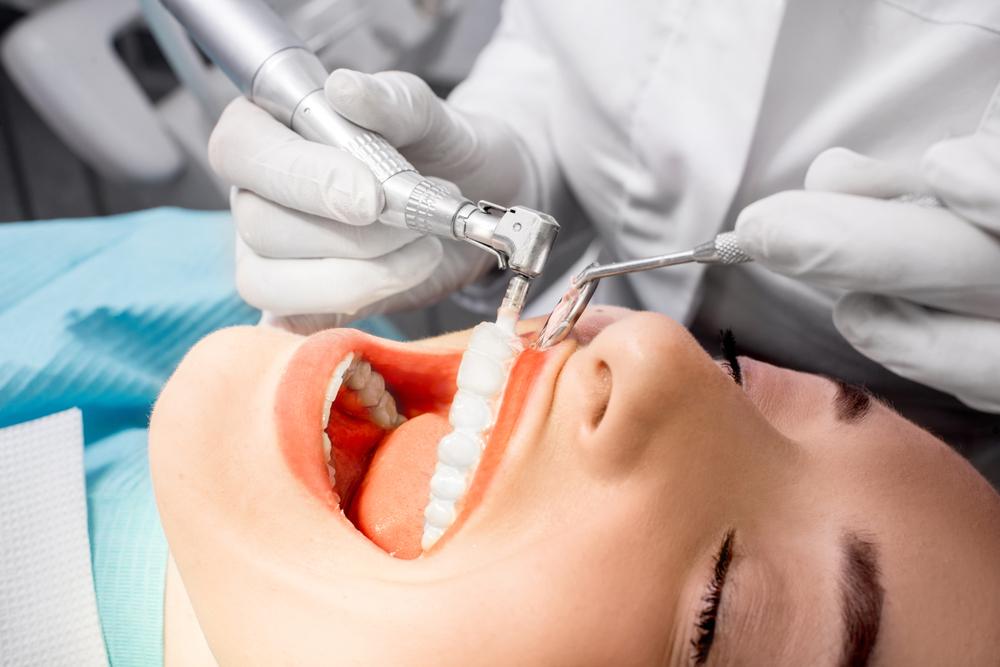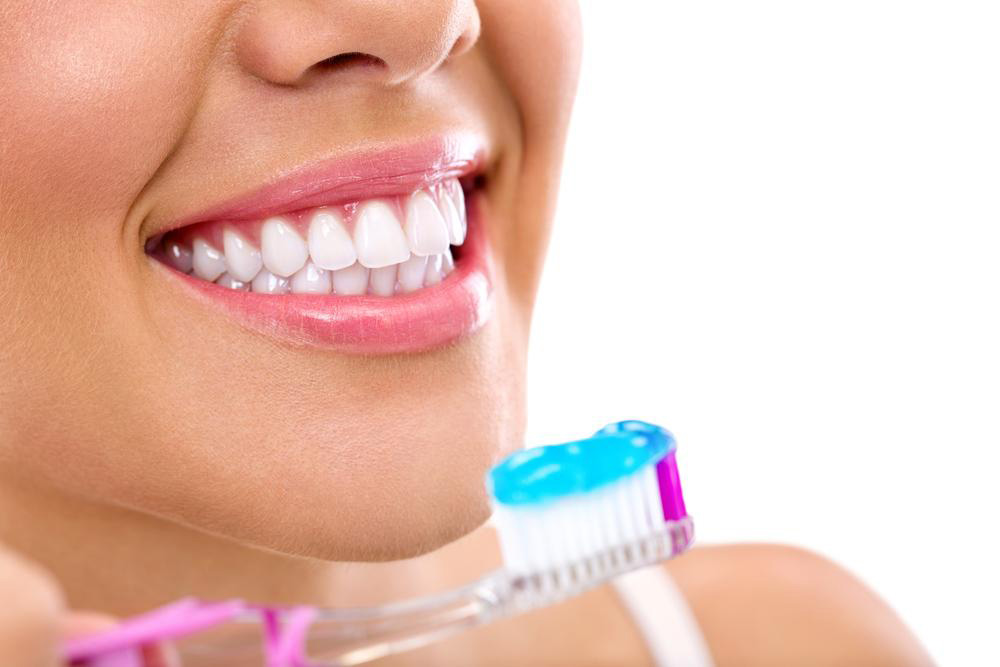Comprehensive Guide to Foods That Support Strong Teeth and Those to Avoid
Discover essential dietary tips to promote healthy teeth and gums while avoiding foods that can lead to dental problems. This comprehensive guide highlights the best foods for oral health, including vegetables, fruits, dairy, and nuts, and explains which sugary, processed, and sticky foods to avoid. Learn how your eating habits impact your dental wellness and how to craft a balanced diet that keeps your smile bright and strong. Implement these expert recommendations to prevent cavities, strengthen enamel, and maintain optimal oral health over time.

Critical Nutritional Choices for Optimal Dental Health and Hygiene
Your everyday diet plays a crucial role in maintaining healthy teeth and gums. An unhealthy eating pattern can gradually lead to numerous dental issues such as cavities, gum disease, and enamel erosion. To prevent these problems and promote a radiant smile, it is essential to focus on nutrient-rich foods while limiting or avoiding those that can harm your oral health. Incorporating specific vegetables, fruits, dairy products, and nuts into your meals can significantly bolster your dental wellness. Conversely, reducing intake of sugars, acids, and processed snacks is equally important to prevent decay and bacterial growth. This comprehensive guide explores the best dietary practices for healthy teeth and how to make smarter food choices for lasting oral health.
Foods to Incorporate for Healthy Teeth and Gums
Leafy Greens and Vegetables
Green leafy vegetables such as spinach, kale, Swiss chard, and collard greens are powerhouses of essential nutrients that support oral health. They contain calcium, which is fundamental for building and maintaining strong teeth, and folic acid, which helps in tissue repair and promotes healthy gums. The phytochemicals present in these greens inhibit bacterial growth on dental plaque, reducing the risk of decay and periodontal disease. Additionally, the mineral content of greens contributes to the process of remineralization of tooth enamel, strengthening teeth against cavities. The natural act of chewing these fibrous vegetables stimulates saliva production, which is vital for neutralizing harmful acids in the mouth, washing away food debris, and preventing bacterial overgrowth.
Fruits High in Fiber and Antioxidants
Incorporating crunchy fruits like apples and berries into your diet offers multiple benefits for oral health. Apples act as natural toothbrushes, with their fibrous texture helping to clean teeth mechanically while promoting saliva flow, which neutralizes acids and washes away food particles. Berries, especially cranberries, contain powerful antioxidants that inhibit the formation of plaque by suppressing glucan production by bacteria. Citrus fruits like oranges and grapefruits provide vitamin C, which enhances the integrity of your gums and connective tissues, contributing to overall oral health and immune support.
Dairy Products for Strong Enamel
Dairy items such as milk, cheese, and yogurt are rich sources of calcium and casein—nutrients that fortify your tooth enamel. Calcium helps in remineralizing teeth and maintaining hardness, while casein proteins form a protective film that shields teeth from acid attacks caused by bacterial activity. Yogurt is particularly beneficial because it offers probiotics that support gut health, which indirectly bolsters immune function, further helping to prevent oral infections. Dairy consumption maintains the pH balance in your mouth, lowering the risk of erosion, decay, and sensitivity.
Healthy Nuts and Seeds
Nuts like almonds, cashews, and peanuts are nutrient-dense foods that offer beneficial fats, oils, and minerals vital for dental health. Their calcium and phosphorus contents work together to protect and strengthen tooth enamel, preventing cavities. The natural oils in nuts create a barrier against acidic foods and drinks, reducing enamel erosion. Soaking nuts overnight or eating them in moderation makes them easier to digest and maximizes their oral health benefits. Including a handful of nuts as a snack can effectively support oral tissue repair and overall dental resilience.
Foods and Beverages to Limit or Avoid for Optimal Oral Health
Sugary and Sticky Confections
Confections such as caramel, taffy, candies, and other sweets with high sugar content are major contributors to dental decay. Sugar serves as food for harmful bacteria residing in the mouth, leading to acid production that erodes enamel and fosters cavities. Sticky candies cling to teeth surfaces, making thorough cleaning more difficult and increasing the risk of tartar buildup and decay. Limiting the consumption of these sugary treats is crucial for maintaining oral health.
Carbonated and Sugary Drinks
Beverages like sodas, flavored sodas, and energy drinks are loaded with added sugars or artificial sweeteners, which can promote bacterial proliferation and stain teeth. Furthermore, alcoholic drinks and caffeinated beverages can cause dry mouth by reducing saliva production. Without sufficient saliva, bacteria can thrive, leading to plaque accumulation, bad breath, and increased cavity risk. Opting for water or unsweetened drinks helps preserve the natural moisture of your mouth and prevents key oral health issues.
Starchy Processed Snacks
Foods such as chips, crackers, and processed snack foods tend to stick to teeth surfaces, providing ideal breeding grounds for bacteria. These starchy foods convert into sugars that feed harmful bacteria, accelerating plaque formation and cavity development. Regular consumption of such snacks should be minimized, and good oral hygiene practices employed after snacking are recommended.
Dried Fruits
Although dried fruits like raisins, apricots, and figs seem healthy, their sticky nature and concentrated sugar content make them problematic for dental health. They tend to adhere to teeth and can be difficult to clean thoroughly, promoting plaque buildup and tartar formation. It is advisable to prefer fresh fruits over dried varieties to prevent sticky residues and maintain optimal oral hygiene.





